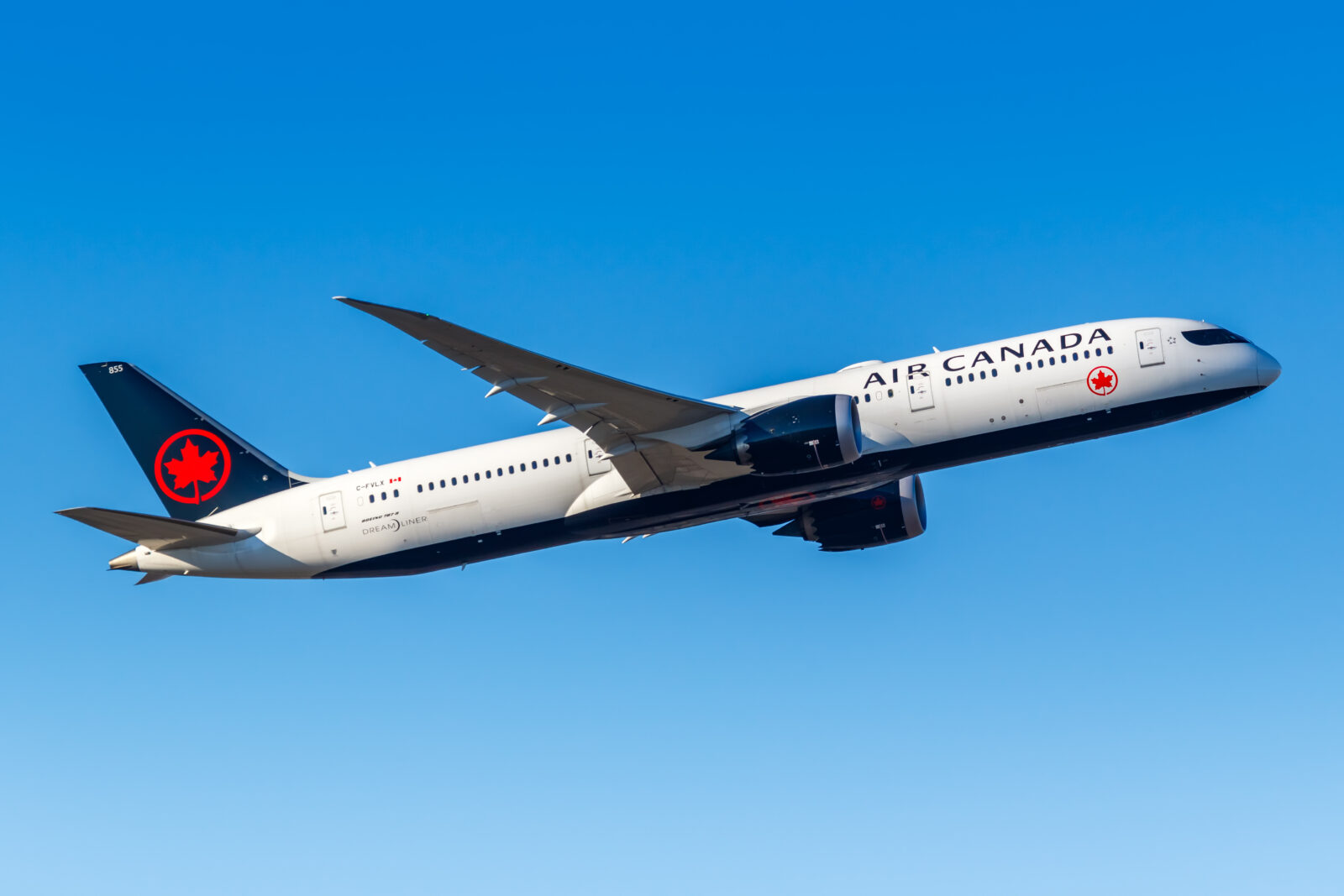
Air Canada has been slapped with a series of fines for failing disabled passengers in 2023, racking up penalties worth a total of CA$260,000 over the last 12 months.
The latest fine was imposed by the Canadian Transportation Agency earlier this week after the national flag carrier failed to provide a wheelchair for a passenger who suffers from spastic cerebral palsy.
Officials fined Air Canada a total of $97,500 for the August 30 incident for several violations of the Accessible Transportation for Persons with Disabilities Regulations, which requires airlines to provide assistance services to disabled passengers and to regularly check in on their needs throughout their journey.
The quasi-judicial tribunal claimed that after the Vancouver to Las Vegas flight had landed, the passenger wasn’t provided with any assistance to move from his seat to a wheelchair.
The passenger, who is unable to move his legs, had to drag himself along the aisle and was then left to wait in the airport terminal without anyone checking to see if he was okay.
Air Canada has 30 days to appeal the decision.
The airline has also been fined $52,500 for failing to let a disabled passenger at Toronto Pearson Airport to board ahead of other passengers, and then once the flight had landed in Vancouver, Air Canada was found to have failed to return the passenger’s mobility aid in a timely fashion.
The biggest single fine imposed on Air Canada, however, followed an incident on June 13 when the airline failed to block out an adjacent seat for a disabled passenger who had an assistance dog with them.
As a result of Air Canada’s failure to block out a seat, and the fact that there wasn’t enough floor space for the assistance dog to sit, the passenger was refused boarding, resulting in a total fine of $110,000.
The fine also included a penalty of failing to provide a written explanation to the passenger while they were refused travel within ten days.
In November, Air Canada said it was taking steps to improve its treatment of disabled passengers and admitted that it was not always meeting its legal commitments.
Air Canada also suggested that it had failed to keep up with evolving expectations that have seen more and more disabled people looking to travel by air, driven partly by improvements in technology that have given disabled people much more freedom.
The airline has put in place a three-year plan to improve its treatment of disabled passengers but has also taken some immediate steps, which include improved employee training and new boarding protocols for disabled passengers.
Related
Mateusz Maszczynski honed his skills as an international flight attendant at the most prominent airline in the Middle East and has been flying ever since... most recently for a well known European airline. Matt is passionate about the aviation industry and has become an expert in passenger experience and human-centric stories. Always keeping an ear close to the ground, Matt's industry insights, analysis and news coverage is frequently relied upon by some of the biggest names in journalism.







